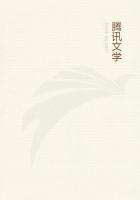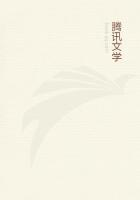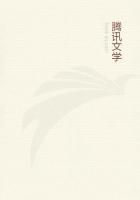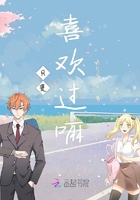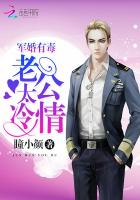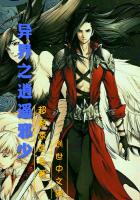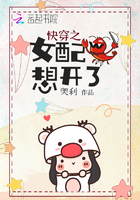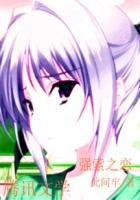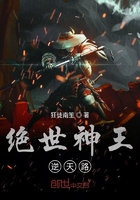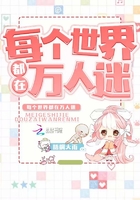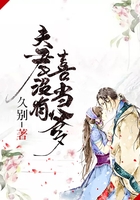He eliminates all ingredients except salt.He dwells also on the much-discussed question of the choice of water and the degree of boiling it.According to him, the mountain spring is the best, the river water and the spring water come next in the order of excellence.There are three stages of boiling: the first boil is when the little bubbles like the eye of fishes swim on the surface;the second boil is when the bubbles are like crystal beads rolling in a fountain; the third boil is when the billows surge wildly in the kettle.The Cake-tea is roasted before the fire until it becomes soft like a baby's arm and is shredded into powder between pieces of fine paper.Salt is put in the first boil, the tea in the second.
At the third boil, a dipperful of cold water is poured into the kettle to settle the tea and revive the "youth of the water." Then the beverage was poured into cups and drunk.O nectar! The filmy leaflet hung like scaly clouds in a serene sky or floated like waterlilies on emerald streams.It was of such a beverage that Lotung, a Tang poet, wrote: "The first cup moistens my lips and throat, the second cup breaks my loneliness, the third cup searches my barren entrail but to find therein some five thousand volumes of odd ideographs.The fourth cup raises a slight perspiration,--all the wrong of life passes away through my pores.At the fifth cup I am purified; the sixth cup calls me to the realms of the immortals.The seventh cup--ah, but Icould take no more! I only feel the breath of cool wind that rises in my sleeves.Where is Horaisan? Let me ride on this sweet breeze and waft away thither."The remaining chapters of the "Chaking" treat of the vulgarity of the ordinary methods of tea-drinking, a historical summary of illustrious tea-drinkers, the famous tea plantations of China, the possible variations of the tea-service and illustrations of the tea-utensils.The last is unfortunately lost.
The appearance of the "Chaking" must have created considerable sensation at the time.Luwuh was befriended by the Emperor Taisung (763-779), and his fame attracted many followers.Some exquisites were said to have been able to detect the tea made by Luwuh from that of his disciples.
One mandarin has his name immortalised by his failure to appreciate the tea of this great master.
In the Sung dynasty the whipped tea came into fashion and created the second school of Tea.The leaves were ground to fine powder in a small stone mill, and the preparation was whipped in hot water by a delicate whisk made of split bamboo.
The new process led to some change in the tea-equippage of Luwuh, as well as in the choice of leaves.Salt was discarded forever.The enthusiasm of the Sung people for tea knew no bounds.Epicures vied with each other in discovering new varieties, and regular tournaments were held to decide their superiority.The Emperor Kiasung (1101-1124), who was too great an artist to be a well-behaved monarch, lavished his treasures on the attainment of rare species.He himself wrote a dissertation on the twenty kinds of tea, among which he prizes the "white tea" as of the rarest and finest quality.

